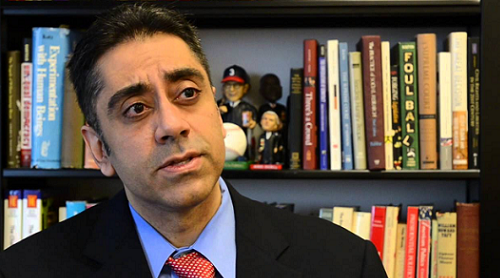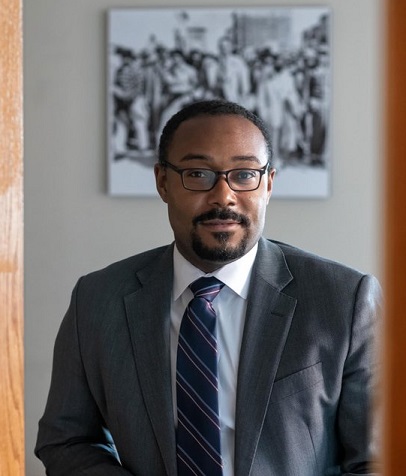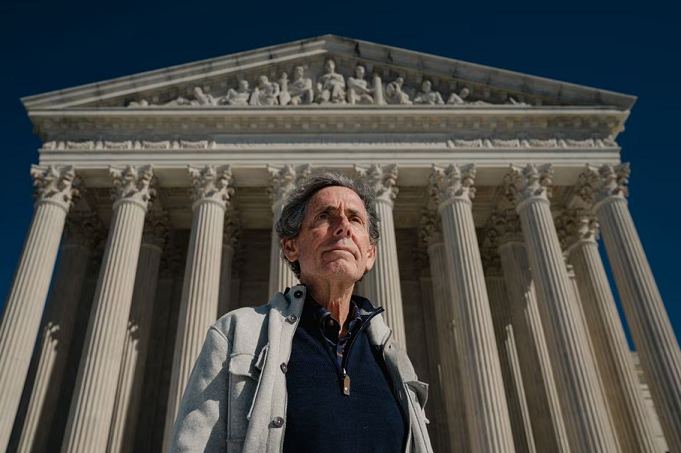Does the Supreme Court’s Affirmative Action Decision Apply to Hiring? Experts Weigh In!

TheRoot.com, By Jessica Washington, Posted August 29th 2023
The Supreme Court’s recent decision on affirmative action is already being weaponized in the larger war on diversity, equity, and inclusion. On Thursday, 13 GOP attorneys general wrote a letter demanding that Fortune 100 companies stop using race as a factor in hiring and promotion decisions. The group argued that the Supreme Court’s ruling gutting race-conscious admissions policies set a precedent for hiring practices at private corporations.
“We urge you to immediately cease any unlawful race-based quotas or preferences your company has adopted for its employment and contracting practices,” wrote the attorneys general from Kansas, Alabama, Tennessee, Arkansas, Indiana, Nebraska, Iowa, South Carolina, Kentucky, West Virginia, Mississippi, Missouri, and Montana.

The letter begs the question: Can these states actually go after major corporations for including race in their employment practices, or is this just political posturing? The Root spoke to legal experts to try to find out.
“This letter is a scare tactic,” says University of New Mexico Constitutional and Employment Law Professor Vinay Harpalani. “And unfortunately, it’s a pretty good one.”
Although the Supreme Court decision didn’t touch on hiring practices, Harpalani says that conservatives will certainly try to use it as a basis for challenging race in employment. “The law, as it is now, allows affirmative action in employment,” says Harpalani. “But if the case went to the U.S. Supreme Court, I’m not at all confident that they would continue to allow it.”
Justin Hansford, Executive Director of the Thurgood Marshall Civil Rights Center at Howard University, agrees that there’s a reason to be concerned. “This is an opening salvo,” says Hansford, “to put people on notice that this is what you’re going to push.”
This wouldn’t be the first time a Supreme Court case on education had a wider impact on society and employment specifically, says Hansford, citing the legal and social changes in the wake of Brown v. Board of Education. “They’re hoping that the end of affirmative action in higher education will ricochet across society,” he says.
Amalea Smirniotopoulos, NAACP Legal Defense Fund Senior Policy Counsel, says that these Republican attorneys general are trying to make the Supreme Court’s affirmative decision about something it’s not.

“This was another attempt to chill completely lawful efforts to increase diversity, equity, and inclusion by corporations,” says Smirniotopoulos. “By really trying to stretch the meaning of the decision in the Harvard and UNC cases and frankly by also restating things that have always been true about discrimination law and employment.”
The biggest concern shared by both Smirniotopoulos and Hansford is that companies will use the fear of litigation to back-pedal policies intended to promote diversity.
“Some of these companies weren’t really doing that much anyway… and what they were doing was done only under pressure,” says Hansford. “This could be an excuse for some companies that already didn’t want to push the envelope on diversity to start walking things back.”








